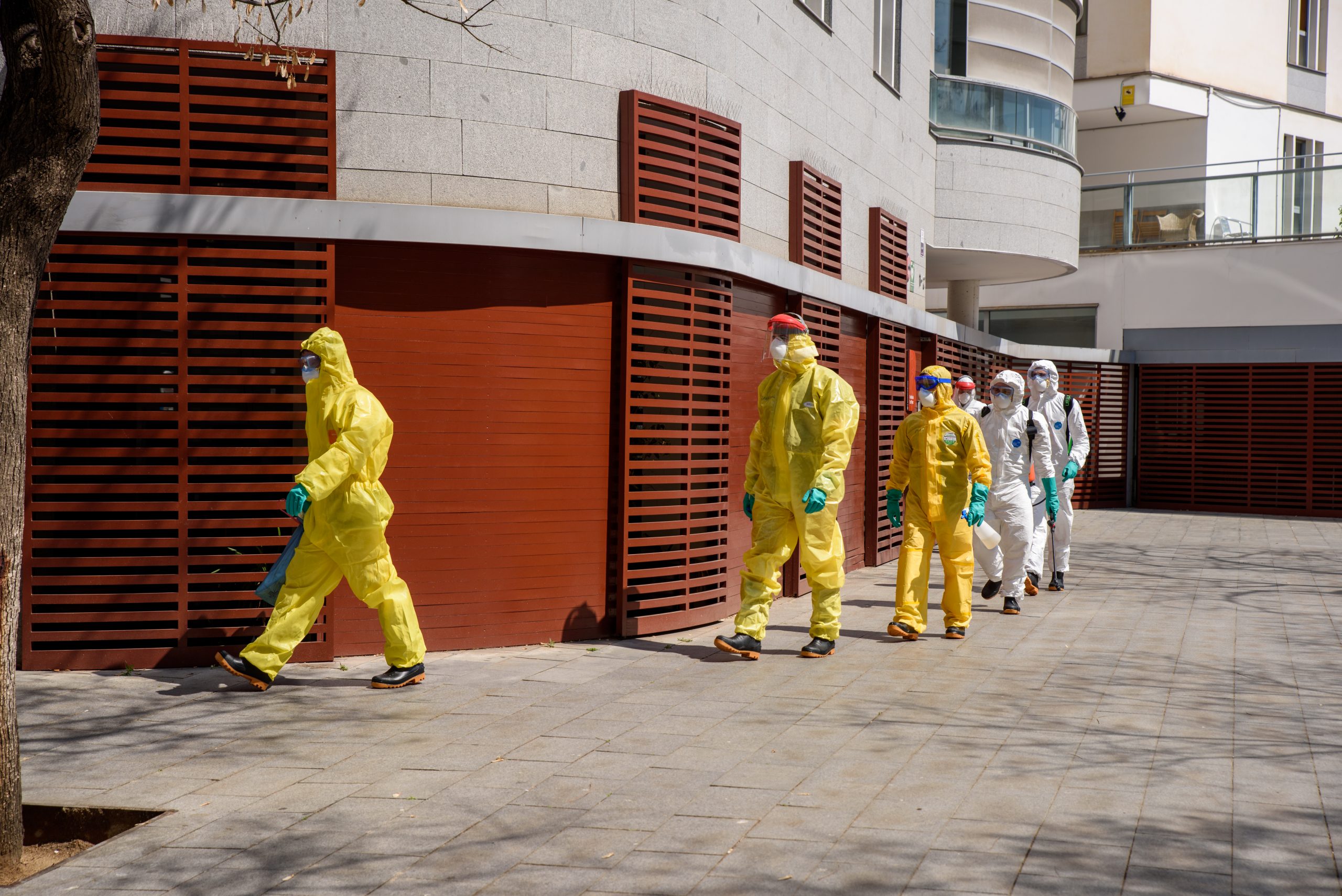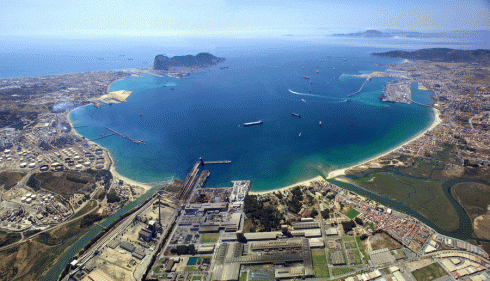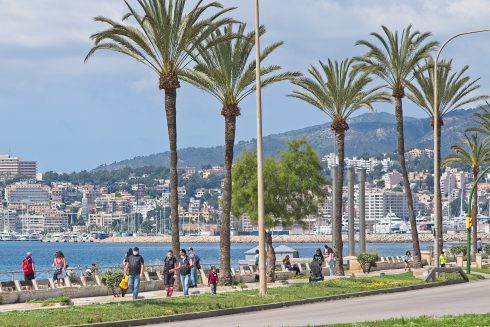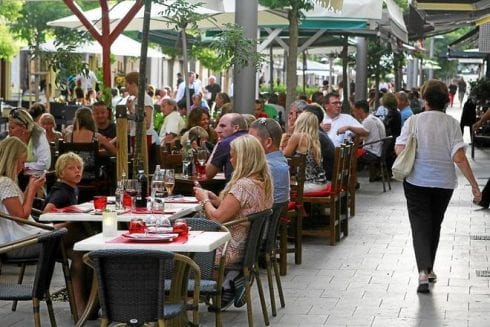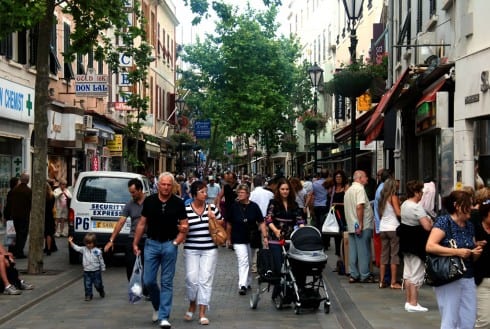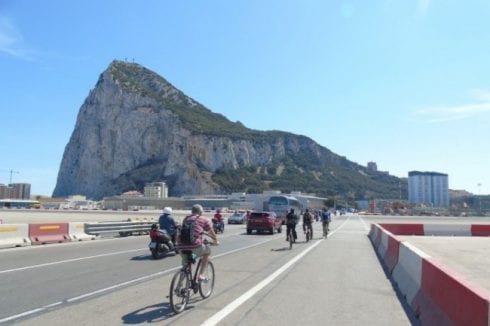AND so it was that the COVID-19 pandemic exposed the catastrophic de-industrialisation of the West.
A combination of greed, neglect, complacency and laziness allowed this to happen.
So while we boasted of our wealth, the industrial base was degraded so badly that it could not produce simple textiles to make face masks and medical gowns or even high technology equipment such as respirators.
READ MORE:
- ‘UNLOCK THE ROCK’: Gibraltar eases COVID-19 restrictions on businesses from May 2 onward
- Gibraltar tourism will take the biggest hit from COVID-19, says minister
At this time the West should feel not only fear (which we are invited by our governments to feel) but also a deep sense of shame that we exported all our knowhow to the Far East, settled into lives of complacency and left ourselves and the new generations vulnerable.
The day of reckoning will come soon but business is business and it is as plain that the days of importing massive quantities of products from the Far East are finished.
Two countries already lead the way. Germany which jealously protected the industrial base which it rebuilt from the maelstrom of the Second World War and Japan which is already recalling all its production bases from China.

The logic could not be simpler; if we are going to suffer the biggest decline in living standards since the Middle Ages, who is going to be mad enough to order goods from the sweatshops of the Far East?
Make no mistake! Industry is coming home to Europe and other Western countries. Our own peoples will not accept the indignities of unemployment and poverty.
It may be true that segments of our populations have lost the work ethic but a generation of factory closures and their substitution with a virtual economy based on ‘invisibles’ must be redressed.. Prosperity can no longer be achieved by computer algorithms but only by real assets and production. The ‘invisibles’ have turned out to be like the fine material from which the Emperor’s new clothes were made in the famous children’s fairy tale.
It is now an urgent requirement that as much production as possible be sourced from within.
Ironically this new arrangement will mean that we not just say goodbye not just to reliance on China but possibly hello to a new European common market. From now on production must be local and of the very best quality. Collaboration between European countries, it will have to be based on flexibility.
If the battle cry from the World Health Organisation was ‘test, test, test’, the survival of Western economies will require us to “train, train and retrain” for the new economy.
These are testing times but it is wrong to say they are ‘unprecedented’. There is a relatively recent precedent in the Spanish flu pandemic of 1919 which caused such destruction. Yet by the early 1920’s the western economies were not just up and running again, they were booming. The decade came to be known ‘the Roaring 20’s’ to denote the explosion of wealth, innovation and production that followed. By all means let us abide by the sometimes contradictory advice of the health experts but when it comes to the economy and the survival of our civilisation, do not listen to the defeatists. This is a call to action.
Charles Gomez is a Gibraltarian barrister and an associate professor of international law of the University of Cadiz. This first appeared in Reachextra.

